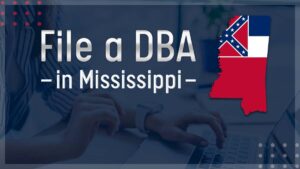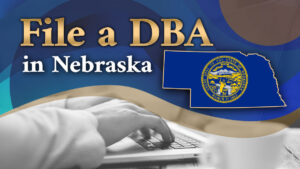An Advisory Board (or Advisory Council or Advisory Committee) is a collection of people formed to advise members of a governing Board of Directors. The Advisory Board does not have formal authority. It cannot issue directives that must be followed as is the case with a governing Board.
There seems to be an increasing number of Advisory Boards. Far too often, an Advisory Board starts out slow and then stalls out completely, or very rarely meets and ultimately is not taken seriously at all.
An Advisory Board can be a tremendous complement to the effectiveness of the governing Board of Directors as it works to address a complex consideration or to undertake very specialized project. Those are the best reasons to form an Advisory Board.
However, sometimes Advisory Boards are used to try maintain formal and visible relationships with people who have particular strong status, for example, people whose terms have expired on the governing Board, leaders in the community, or people having highly respected skills. Those are usually not good reasons to form an Advisory Board – or at least, they’re not good reasons to expect much from an Advisory Board.
The influence that Advisory Board members have in their recommendations to the governing Board depends on the charter, or formal description of the Advisory Board. The most useful Advisory Boards are organized almost as carefully as committees on governing Boards. For example, for Advisory Board “ABC”:
- ABC meets on at least a quarterly basis. Meetings are scheduled by the ABC Chair who also develops agendas for the meetings.
- ABC provides written recommendations to the governing Board regarding operations and coordination of product DEF.
- ABC is comprised of 9 members, each representing a major geographic area of constituents of Product DEF.
- Membership of the ABC is selected on an annual basis by the governing Board.
- ABC members serve a one-year term, which can be renewed two times.
- ABC is facilitated by a Chair who is appointed by the governing Board. The ABC Chair serves a one-year term and is a member of the governing Board.
- ABC recommendations are formed by a vote of the majority of the members of ABC.
- Highlights of, and recommendations from, all ABC meetings will be documented in meeting minutes and provided to the Board Chair of the governing Board within 2 calendar weeks of the ABC meeting.
- Operations of ABC are evaluated annually by a Committee comprised of 3 members of ABC and 2 members of the governing Board.
(The terms of the charter might even be itemized in a set of bylaws for the Advisory Board.)
It’s often best to have a member of the governing Board on the Advisory Board to ensure that the governing Board is always aware of the activities of the Advisory Board. That practice also ensures that Advisory Board members feel some legitimacy in their roles – that they feel that they’re taken seriously by the governing Board.
An Advisory Board is as useful as you expect it to be. If you formally charter the Advisory Board, then its members are more likely to realize that you take the Advisory Board very seriously. If you “park” people on the Board just to somehow keep a relationship with them and then expect that Board to somehow be useful, you’ll likely end up instead with a collection of people who just feel “parked.”
What do you think?
———————————————————————————
Carter McNamara, MBA, PhD – Authenticity Consulting, LLC – 800-971-2250
Read my weekly blogs: Boards, Consulting and OD, Nonprofits and Strategic Planning.
 Sections of this topic
Sections of this topic
















